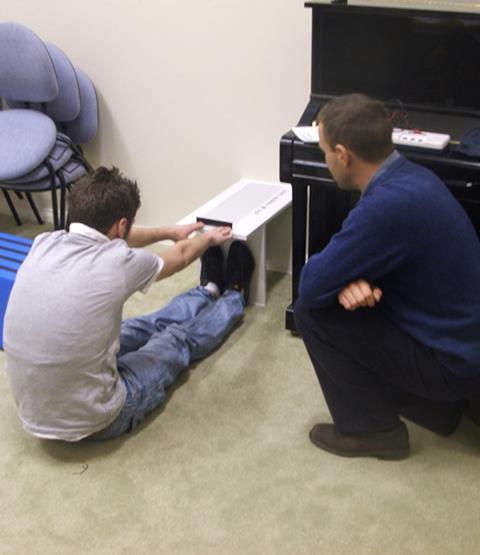
Nine UK conservatoires will take part in a four-year research
project investigating the health and well-being of musicians. The
study, called Musical Impact, will be funded by an £800,000 grant
from the Arts and Humanities Research Council, together with
£200,000 from the participating institutions.
Beginning in September 2013, the project will be divided into three
key areas: to monitor participants’ physical and mental fitness
over the four-year period; examine the physical and mental demands
of practice and performance; and assess current approaches to
promoting health in music education and the profession as a whole.
The researchers will work with the UK Musicians’ Union and
Association of British Orchestras to draw participants from the
professional music world, spanning the full range of instruments
and ages.
The first area will involve 120 musicians, split into junior
conservatoire students, seniors, and professionals. ‘We hope to
monitor half of the senior conservatoire students from their third
year onwards, so that we can also examine how their health and
well-being change during their first few years in the profession,’
said Aaron Williamon, professor of performance science at the Royal
College of Music, who will be leading the research project.
Each participant will be examined at least once a year for the
duration of the project. ‘We will keep track of what they do but
not offer interventions to enhance their health,’ Williamon
explained. ‘Meanwhile, other people will be recruited to take part
in selected intervention studies, such as exercise training and
mental skills training, to create a comparison group.’
The second and third strands of the project, which will begin in
the second year, aim to build up a picture . ‘There is a culture of
silence within the profession as it stands, where musicians feel
they can’t broach the topic of health with their employers,’ said
Williamon. ‘We hope to be able to address that, and to understand
how people perceive the stresses of performing – for instance,
musicians feel their heart rate increase before going on stage,
which some might interpret as a positive sign.’
As well as providing a report at the end of the project, the
research team aims to publish journal articles and launch a website
with practical advice for musicians. Williamon confirmed that
violinists and cellists will be involved both as participants and
as assessors, particularly in the second strand of research, when
it comes to the physical stresses, energy expenditure and muscle
tension in the test subjects.
Photo: a student at the Royal College of Music performs a 'sit and reach' test, which measures flexibility in the lower back

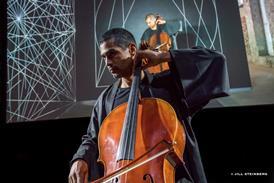


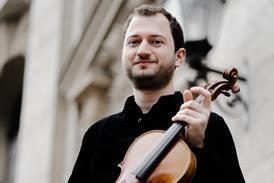

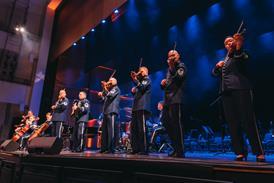
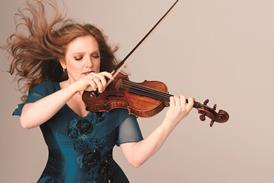





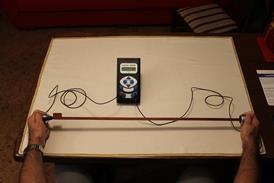
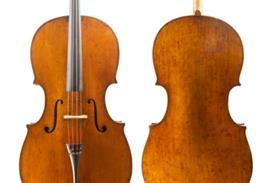
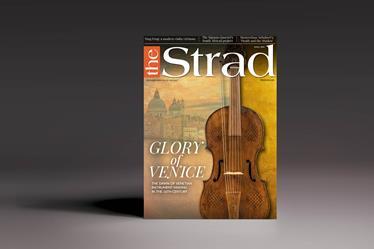






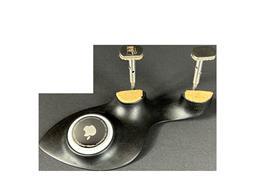









No comments yet